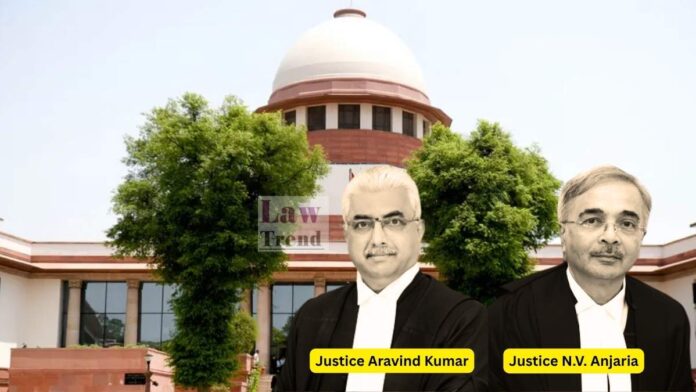The Supreme Court of India has set aside two orders from the High Court of Judicature at Bombay that had granted bail to Vigin K. Varghese, a Director of M/s Yummito International Foods India Pvt. Ltd., in a case involving the seizure of approximately 50.232 kilograms of Cocaine. The Supreme Court, in its judgment dated
To Read More Please Subscribe to VIP Membership for Unlimited Access to All the Articles, Download Available Copies of Judgments/Order, Acess to Central/State Bare Acts, Advertisement Free Content, Access to More than 4000 Legal Drafts( Readymade Editable Formats of Suits, Petitions, Writs, Legal Notices, Divorce Petitions, 138 Notices, Bail Applications etc.) in Hindi and English.




